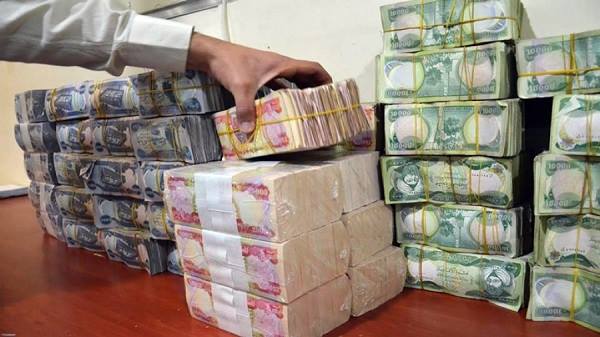
File: Stacks of Iraqi dinars (File)
2021-06-29
1051 View
+
-
SULAIMANI — Secretary of the Kurdistan Regional Government’s (KRG) Council of Ministers Amanj Rahim told lawmakers on Monday (June 28) that the Kurdistan Region’s debts and financial obligations have increased to $31 billion.
Speaking during a session of the Kurdistan Parliament about the government’s financial health, Rahim said that the KRG did not engage in any additional borrowing, but made pre-paid oil deals with companies and withheld the salaries of public servants to be repaid later.
He added that some of the increase was also due to the devaluation of the Iraqi dinar.
Just in October, KRG Prime Minister Masrour Barzani told the Kurdistan Parliament that the KRG held $28.476 billion in debts and obligations and that it had no savings or reserves.
The KRG later broke that down to $7.25 billion in foreign and local loans, $8.34 billion in “total of financial commitments,” $8.97 billion in withheld salaries that need to be paid back to public servants, and $3.92 billion in responsibilities related to the Trade Bank of Iraq (TBI) and Kurdistan International Bank (KIB).
The KRG has struggled to pay its public servants over the past year, missing monthly disbursements entirely or cutting them by nearly a quarter, or fix persistent problems like unreliable electricity and water services.
Heavily dependent on oil exports for its budget, the KRG revealed on Monday night that it was selling oil for just $28 per barrel and was then losing about half of the proceeds in fees and payments to oil companies before they hit the public treasury, according to an audit by Deloitte.
The KRG and Iraq’s federal government are in protracted budget negotiations over implementing the 2021 Federal Budget Law, which would see a resumption of cash transfers from Baghdad to Erbil, but progress has been slow.
(NRT Digital Media)